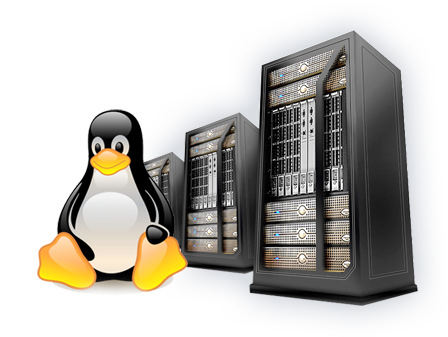Linux Server Development

Server Security and Monitoring
We keep your server up and running by focusing on core management areas like Exhaustive server hardening & security, Advanced Firewall Installation & Configuration, Server Restoration after malefic intrusion, Installation of patches & updates for 3rd party software’s. Monitoring of server logs by certified technical expertise.
Secure Data Recovery
Our team can handle disaster management by keeping your data safe and recover it completely if your server is under attack by hackers, spam, viruses, or any other malicious entities.
Managing Cloud Servers
Frankly, Linux server management involving a cloud server is a lot easier. Cloud Linux server management involves constraints. You cannot customize too much with a cloud server because so many variables are under the control of the cloud host. The Cloud provider’s security arrangements. This could be a good thing if you have a very capable cloud provider, or a big risk if your cloud provider practices bad Linux server management.
How We Do it?
Advantages
- One main advantage of open-source technologies such as Linux is the wide range of options available to users and the increased security.
- Security is the other main advantage. Several whitehat hackers have contributed to the overall security of Linux, and by making the source available to anyone, security experts can help identify any main security flaws in the operating system.
- You don’t need to spend time and money to obtain licenses since Linux and much of its software come with the GNU General Public License.
- Linux doesn’t need to be rebooted periodically to maintain performance levels. It doesn’t freeze up or slow down over time due to memory leaks and such.
Disadvantages
- One main issue with Linux is drivers.This means that some of your hardware might not be compatible with Linux if you decide to switch.
- Linux is, for new users at least, not as easy to use as Windows. That’s largely because Linux gives you more control, but does mean you’ll have to spend some time getting used to the way it works.
